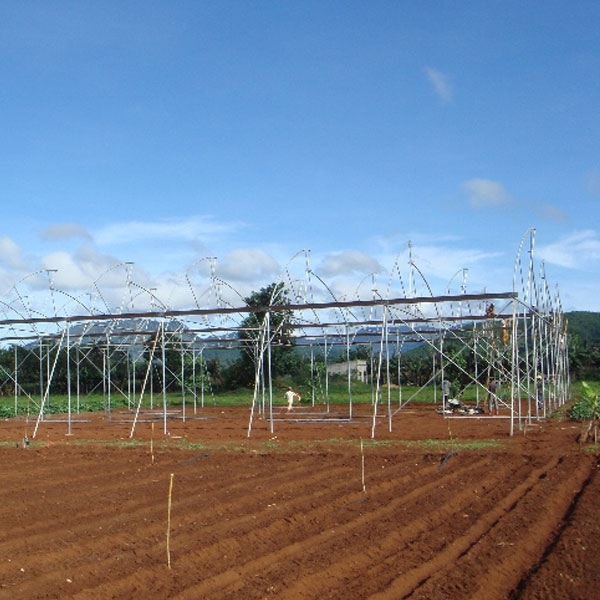HANOI – ‘I am impressed to see how FrieslandCampina has worked successfully with local farmers to increase the production of fresh milk in Vietnam.’
Locally produced fresh milk now makes up 19% of national milk production,’ international cooperation minister Ben Knapen said yesterday after visiting a model farm and a milk processing plant in southern Vietnam. Both are owned and managed by FrieslandCampina.
Dairy communities
FrieslandCampina aims not only to boost production, but to develop ‘dairy communities’, Mr Knapen was told. Through education and training, the company has already helped 3,000 small farmers meet quality and sustainability standards, and collaborate with arable farmers who produce animal feed. FrieslandCampina organises the collection, processing and distribution of milk throughout Vietnam: from grass to glass – no mean feat in such a large country.
Fresh milk
The average farmer in Vietnam has 10 cows. Farms are generally many hours drive from the nearest milk factory, which supplies some 120,000 shops. Fresh milk is not easy to come by in Vietnam. Three-fourths of all milk products are made from imported raw materials, like milk powder. Demand for fresh milk products far exceeds supply. So FrieslandCampina is working with Heus, Wageningen University and Fresh Studios to increase fresh milk production by setting up ‘dairy development zones’.
From aid to trade
Mr Knapen’s visit to FrieslandCampina concluded his visit to Vietnam. He was interested in how the shift from aid to trade is being made. The Netherlands will end its bilateral development relationship with Vietnam at the end of this year (which year?), in favor of an economic relationship built on the knowledge and experience gained from development co-operation, and the expertise of the Ministry of Economic Affairs, Agriculture and Innovation.
At the end of his visit, Mr Knapen flew to Tokyo where he will attend the World Bank Group’s annual meeting.
Source: www.rijksoverheid.nlAlso interesting to read:





